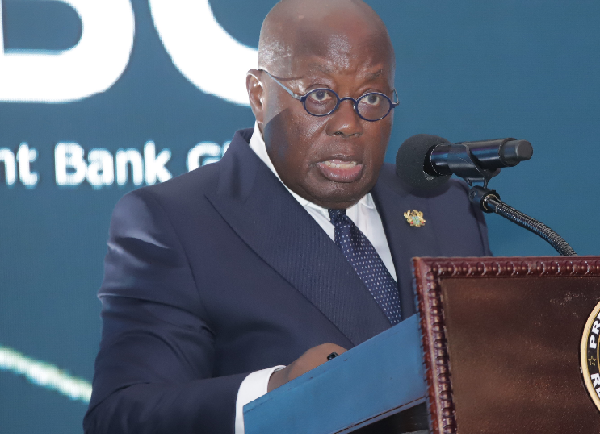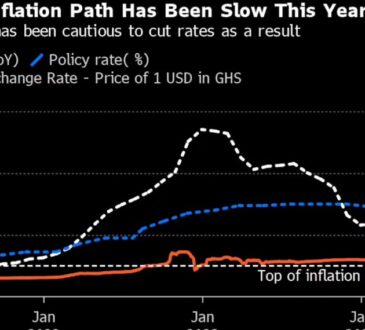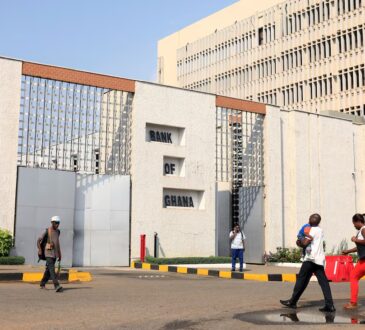
The Development Bank Ghana (DBG) has begun operations with an initial government equity investment of $250 million.
Apart from the government’s initial investment, the bank has also enjoyed some investment from the European Investment Bank, which has provided €170 million; the World Bank, which has given the DBG $225 million, and the African Development Bank (AfDB), which has given a grant of $40-million to the DBG.
The coming on board of the DBG is in fulfilment of the government’s plan of increasing the number of banks that will support small and medium-scale enterprises (SMEs).
The bank’s primary focus will be to support enterprises in agribusiness, information and communications technology (ICT), manufacturing and those businesses that offer high-value services to scale up.
Setting the operations of the bank in motion at a ceremony yesterday, President Nana Addo Dankwa Akufo-Addo charged the new bank to work to transform SMEs into well-functioning, formal and strong corporates.
He said the DBG should be the bedrock for a renewed commitment of the country to develop its private sector and, through the transformation of SMEs, create the potential to increase gross domestic product (GDP), employ more people and also enhance Ghana’s tax efforts.
“We have made considerable progress by creating an enabling ecosystem that should make the private sector stronger than it had been in the past. The DBG will support all banks in the economy to have access to long-term funds, including the National Investment Bank (NIB), the Agricultural Development Bank (ADB) and the Ghana EXIM Bank,” he said.
“It will also support private equity funds and other capital market firms to have access to our bond markets to facilitate equity financing for SMEs,” he added.
While urging the DBG to partner research institutions to undertake sector research, support innovation centres and business accelerators, President Akufo-Addo also asked it to partner the private sector, including the Association of Ghana Industries (AGI), the Private Enterprises Foundation (PEF), the Ghana Employers Association, the Pharmaceutical Industry Association of
Ghana, the Federation of Association of Ghanaian Exporters, the Ghana Security Industry Association and the Ghana Association of Bankers.
He said the bank must work with those institutions to provide access to long-term funds, access to markets, both domestic and foreign, as well as the development of skills.
That, he explained, would ensure that the requisite capital was directed towards ideas with the most potential for growth and job creation under the financial services ecosystem.
“With a strong balance sheet, independence and vision, we expect that the bank will tap into the international capital market, develop the domestic debt market and design products to attract Diasporan funds into crucial sectors of the economy.
“I have no doubt the bank will work strictly within the guidelines and regulations of the Bank of Ghana,” President Akufo-Addo stressed.







